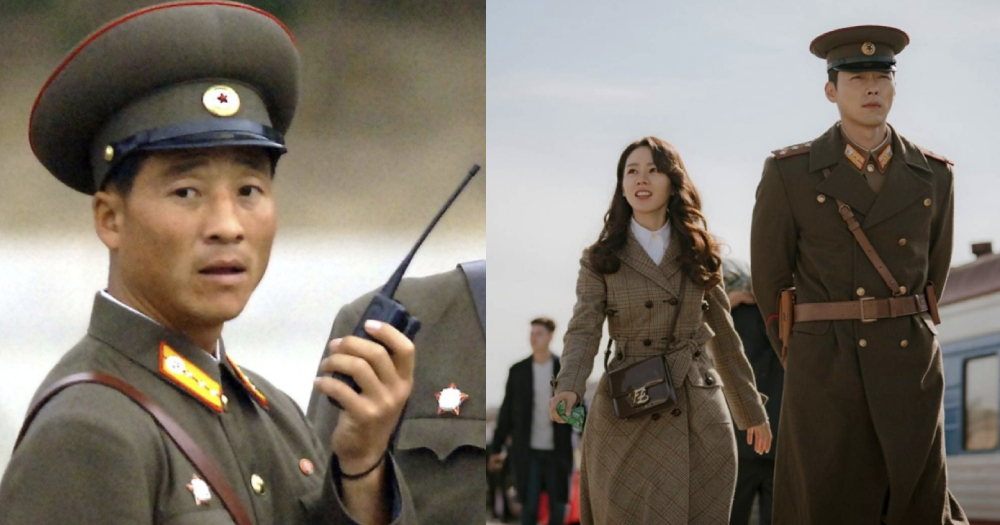About 10,000 North Korean students had given themselves up to the authorities for secretly watching South Korean dramas and movies, South Korean media Kukmin Ilbo reported.
The students had turned themselves in as they hoped for a lighter punishment.
If they were caught watching shows from across the border during a raid or otherwise, they face up to 15 years in prison camps, or even death.
Citing an on-site informant with knowledge of the situation, Kukmin Ilbo said about 5,000 DVD players were also turned in.
Blasted South Korean shows as "insulting"
Early last year, North Korea blasted South Korean dramas and films as "insulting", the BBC reported.
They also criticised the materials as "deceptive, fabricated, absurd and impure".
Pyongyang might have directed its tirade towards shows like Ashfall, which featured the collapse of a building that is presumably the headquarters of the ruling Workers' Party of Korea, and Crash Landing on You, which tells the love story between a North Korean army officer and a South Korean heiress.
Previously, the North Korean government has also threatened action against the U.S. if Sony released the movie The Interview, resulting in the entertainment firm pushing back its release date by two months.
Sony was subsequently hacked in November 2014 by a group that was believed to be working in some capacity with North Koreans.
Why are such content illegal?
According to Quartz, South Korean content reaches North Koreans in various ways, including via the black market, and even through balloons that carry materials such as USB flash drives containing South Korean shows across the border.
It is believed that such media is deemed forbidden by Pyongyang as they can be subversive, and lead to people changing their thinking or questioning the regime.
Sokeel Park of Liberty in North Korea, a non-profit group that supports defectors, told Reuters that outlawing these sort of materials points to Pyongyang's "longstanding sensitivity to young people especially being led astray".
Perhaps this fear about North Koreans turning to their southern, democratic neighbour is not without its basis.
Several North Korean defectors, according to Reuters reporter James Pearson, had recounted their experiences of starting to question what they hear from the government after they looked at foreign media, NPR reported.
Top image adapted via tvN
If you like what you read, follow us on Facebook, Instagram, Twitter and Telegram to get the latest updates.
